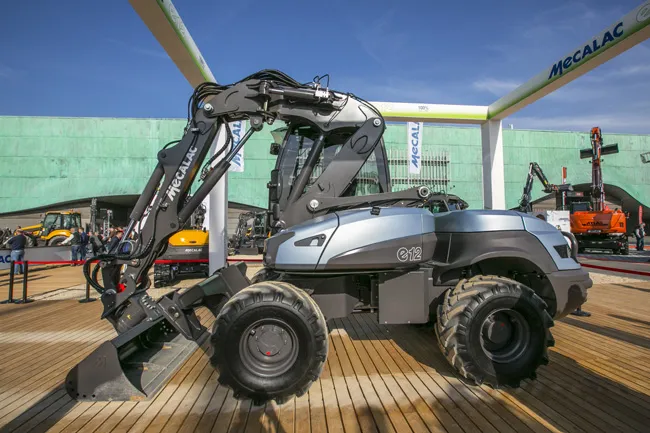Engineering firm Siemens is part of the team constructing an electric road project in the Swedish town of Gävle. A section of the E16 road outside of Gävle is being fitted with overhead electrical wiring, which will be used to power trucks. The project means that Sweden is likely to be the first country with a public electric road. The first electric truck is expected to be taken into operation in April 2016. Gävleborg Region, truck manufacturer Scania and other industrial companies are also involved in the
September 16, 2015
Read time: 2 mins
Engineering firm 1134 Siemens is part of the team constructing an electric road project in the Swedish town of Gävle. A section of the E16 road outside of Gävle is being fitted with overhead electrical wiring, which will be used to power trucks. The project means that Sweden is likely to be the first country with a public electric road. The first electric truck is expected to be taken into operation in April 2016. Gävleborg Region, truck manufacturer 759 Scania and other industrial companies are also involved in the project.
Another electric road project is being developed outside of Arlanda in Sweden. This technology is based on electrical rails in the roadway which allow for vehicles to be charged while driving. This project is led by Swedish company Elways and also involves Swedish construction company NCC. Both projects are financed by the3530 Swedish Transport Administration (Trafikverket), and the results will be presented in 2018.
Another electric road project is being developed outside of Arlanda in Sweden. This technology is based on electrical rails in the roadway which allow for vehicles to be charged while driving. This project is led by Swedish company Elways and also involves Swedish construction company NCC. Both projects are financed by the









